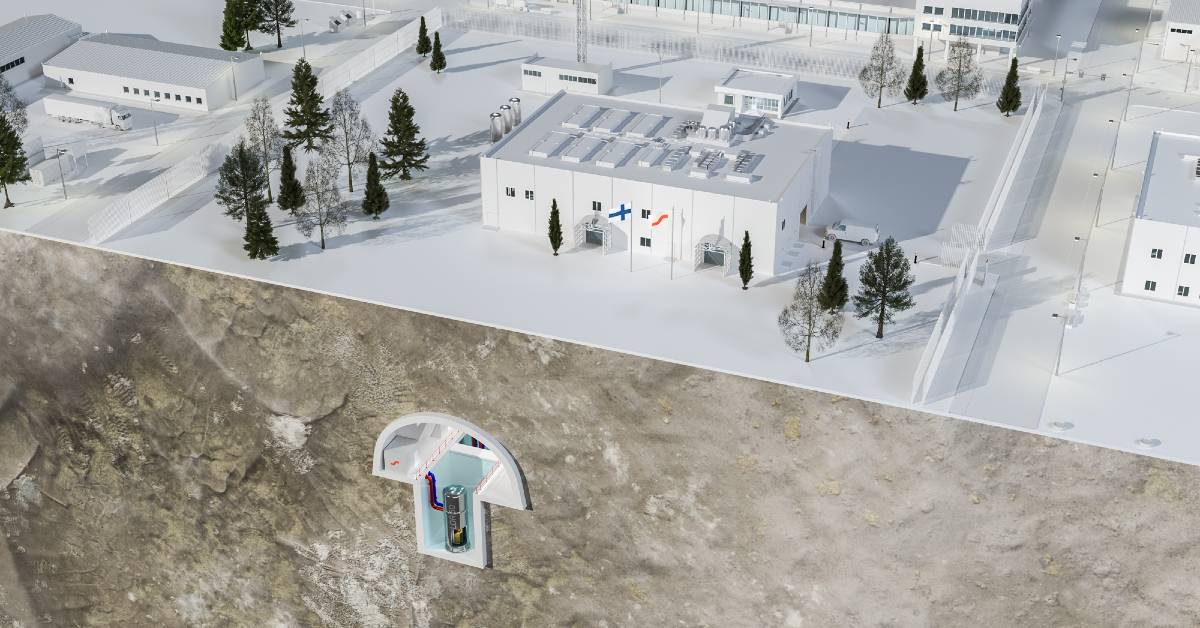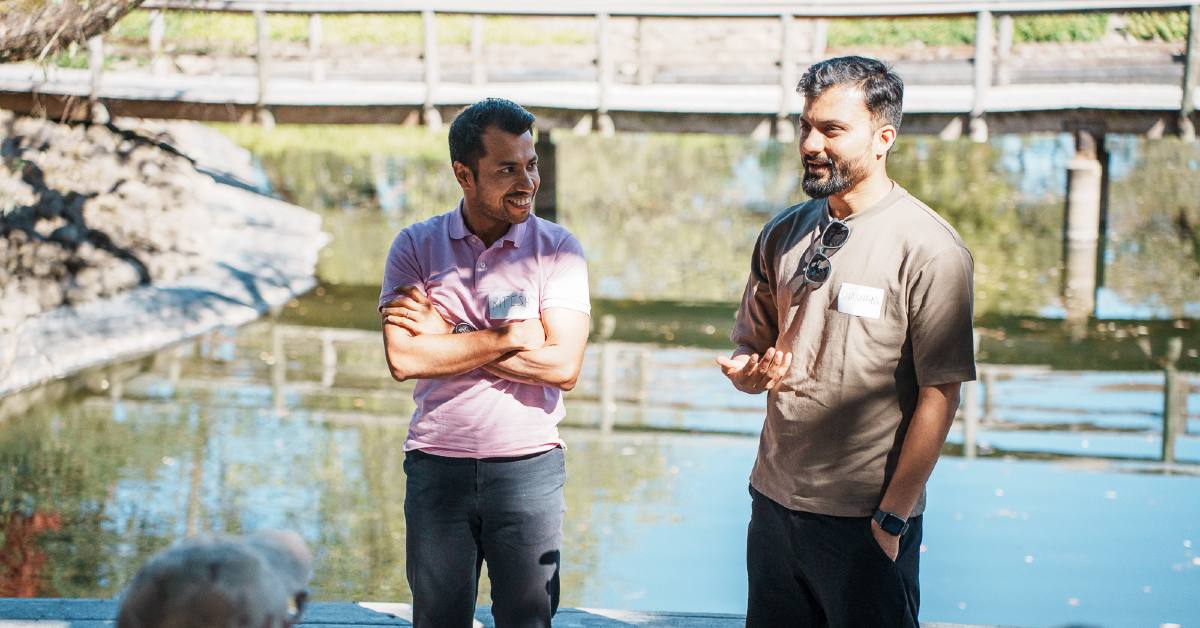The city of Amsterdam will be the center of the rise of e-bikes in the summer of 2017, as startups FlickBike and Urbee promote their innovative bikes. But while the startups may have distinct similarities, their goals are ultimately different. While it is FlickBike’s goal to decrease the number of bikes in Amsterdam, it is Urbee’s goal to reduce motorists in the urban environments of Amsterdam.
A sharing culture
According to FlickBike, residents of Amsterdam travel a total amount of two million kilometers by bike daily. With the emergence of a ‘sharing culture’ in housing, cars and other kinds of property, FlickBike argues that bikes should be next to join this trend. Bikes are readily available, instead of being a constant burden to the owner. During FlickBike’s upcoming experiment, the startup will spread the e-bikes to the locations where they are needed. Users will easily find one of these bikes using FlickBike’s app.
Innovative bikes
The bikes will also be quite innovative on a technical level. A built-in solar panel provides the electricity for the lock and lighting. Also, the custom tires are virtually indestructible. Furthermore, the built-in GPS system ensures that stealing one of these bikes is pointless. When a user damages one, the startup will provide maintenance. Users can solve problems by using FlickBike’s app. Ultimately, after having experimented with 1000 e-bikes, it’s the startup’s goal to point out the usefulness of owning a bike.
E-bikes as alternative
The startup Urbee has a different goal. With the upcoming maintenance of the Ringweg Amsterdam, Urbee, the Rijkswaterstaat, and the Biking Coalition offer a solution: the e-bike. They argue that, while 30% of Dutch employees live at a distance of upward to five until fifteen kilometers from work, the e-bike is an ideal vehicle to go to work for this group of people. They also argue that the upcoming maintenance of the Ringweg Amsterdam offers the perfect chance for them to convince the motorists in this group to use the e-bike for commute traffic.
Collaboration
Ultimately, it’s Urbee’s goal to lower the CO2 emissions in the city by convincing more people to travel by bike. The Biking Coalition views the current emergence of the e-bike as a way to encourage more people to travel by bike. It is their long term goal to stimulate the number of bikers. On the other hand, the Rijkswaterstaat is responsible for roads on behalf of the Dutch Ministry of Infrastructure and Environment. This department wants to strongly discourage motorists during the summerly maintenance of the A10 motorway in the west side of Amsterdam and thus also supports Urbee’s project.
The comparison of e-bike startups
So while it is FlickBike’s intention to lower the number of bikes in Amsterdam and ultimately promote the concept of a sharing culture even further, it is Urbee’s aim to lower the CO2 emissions by convincing more people to go by bike. By using e-bikes these two startups want to find solutions to two different problems. The plans do sound promising. However, there are some questions left unanswered. How will the startups react to each other? Will one of the startups have succes at the expense of the other? Time will tell.










01
From telecom veteran to Dutch Startup Visa success: The Jignesh Dave story